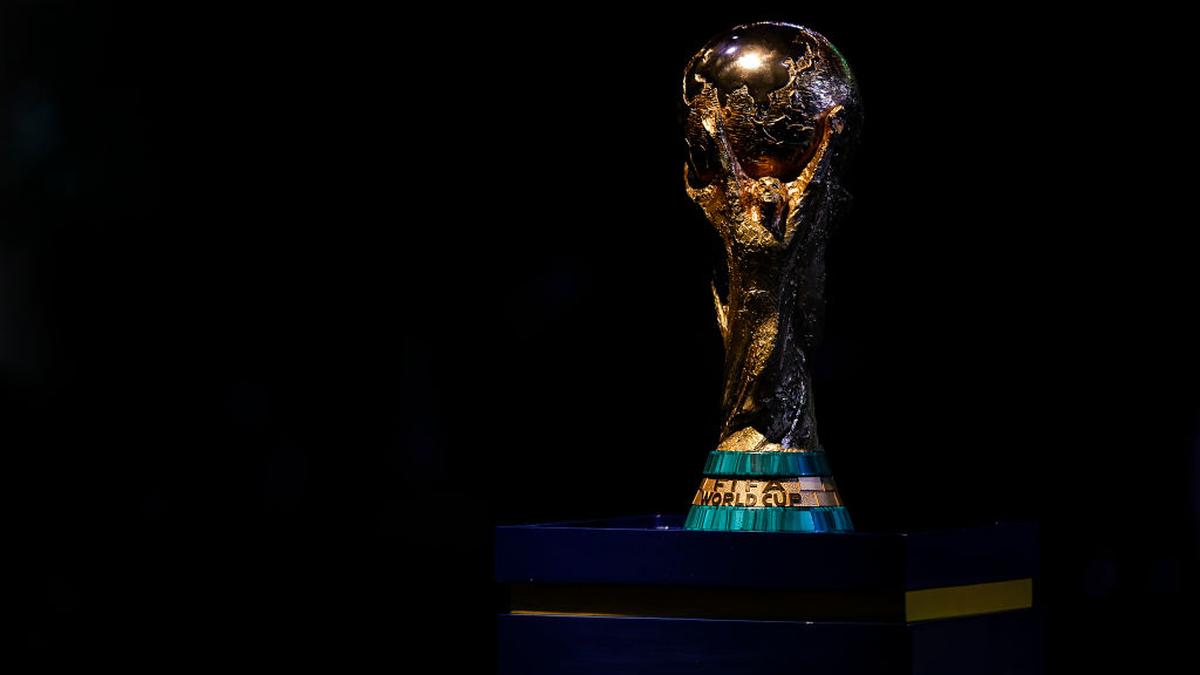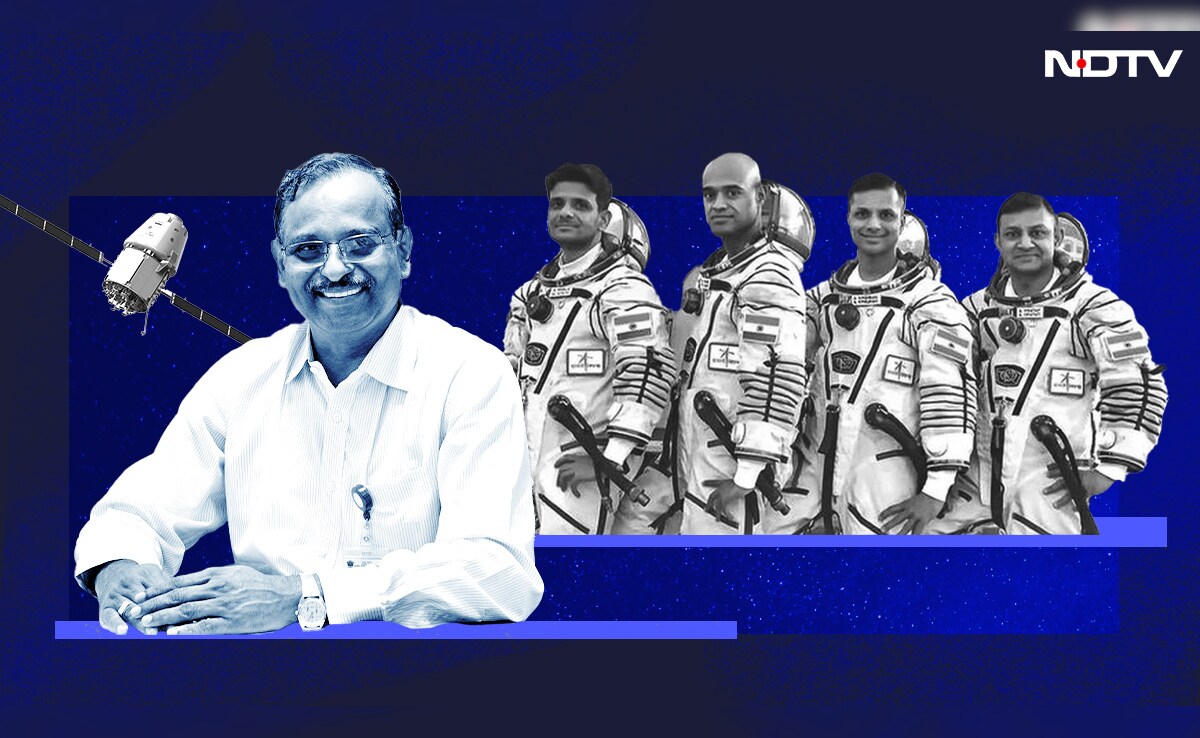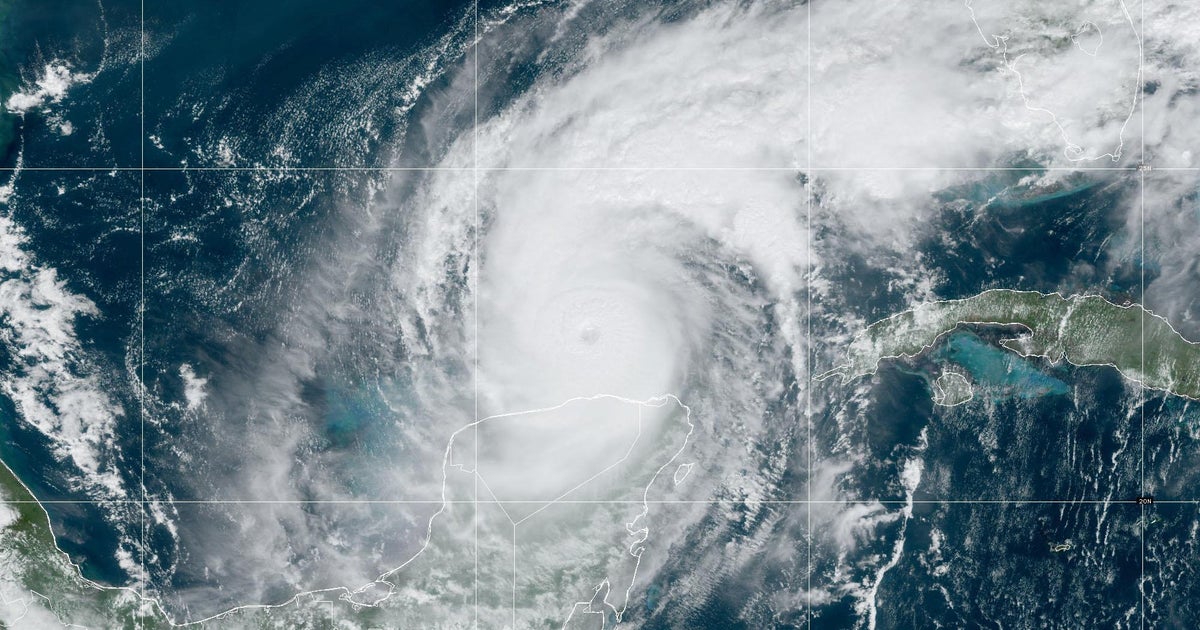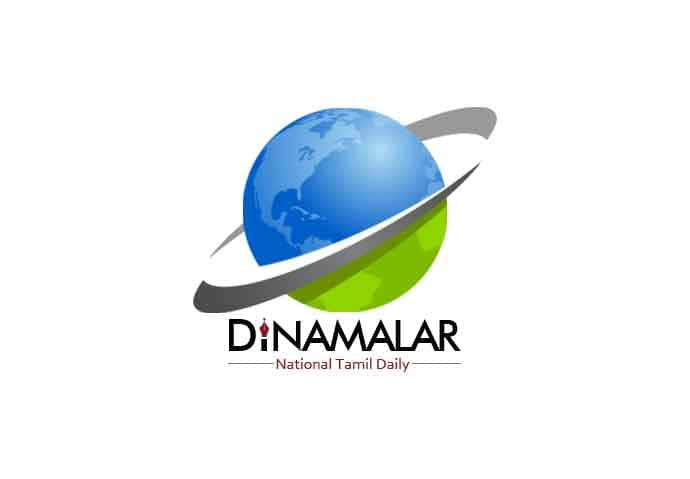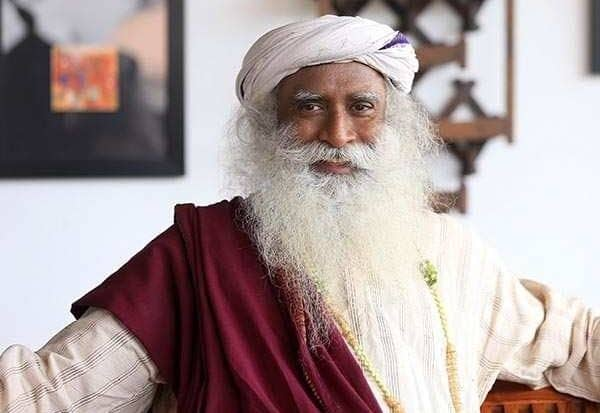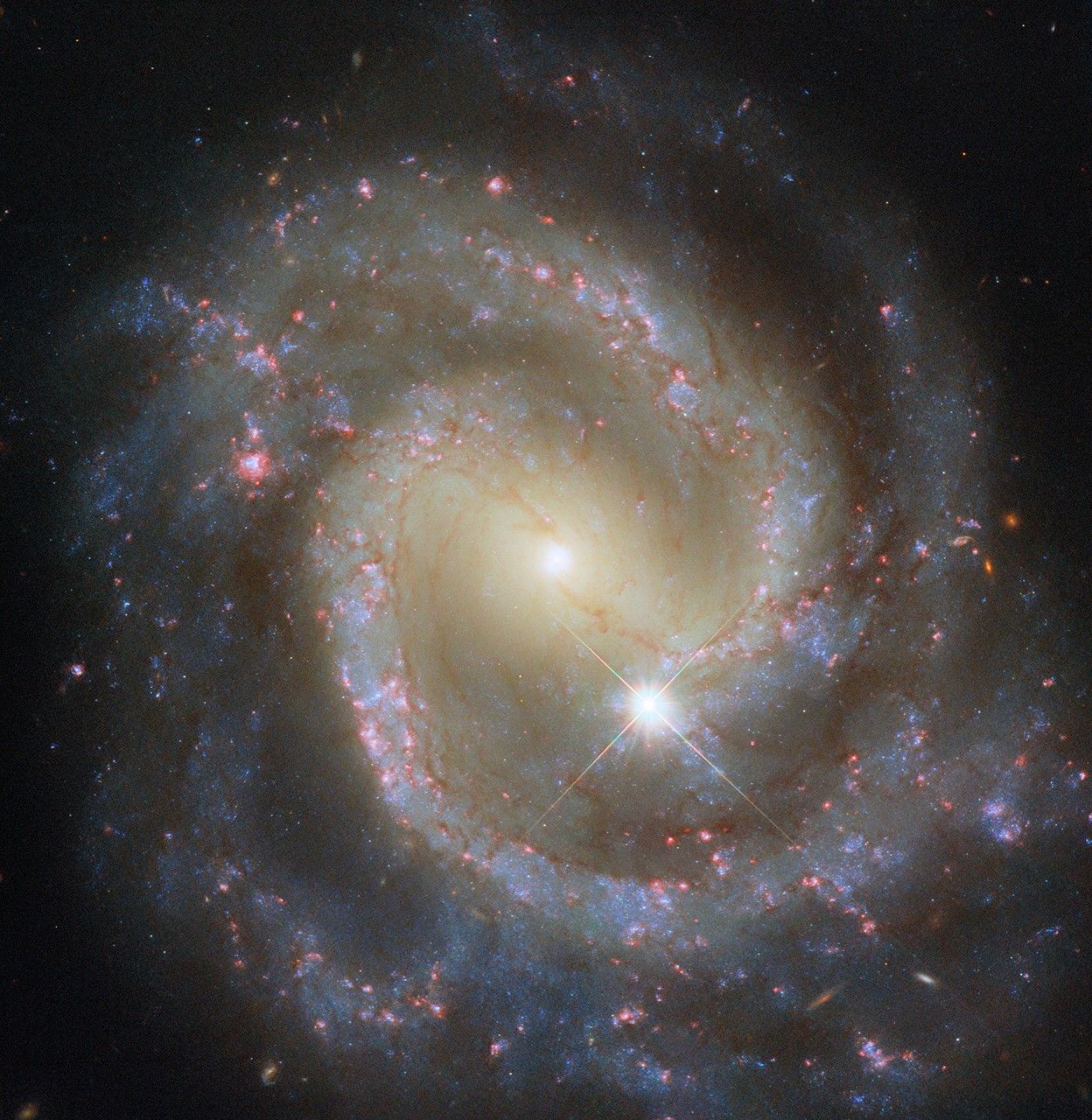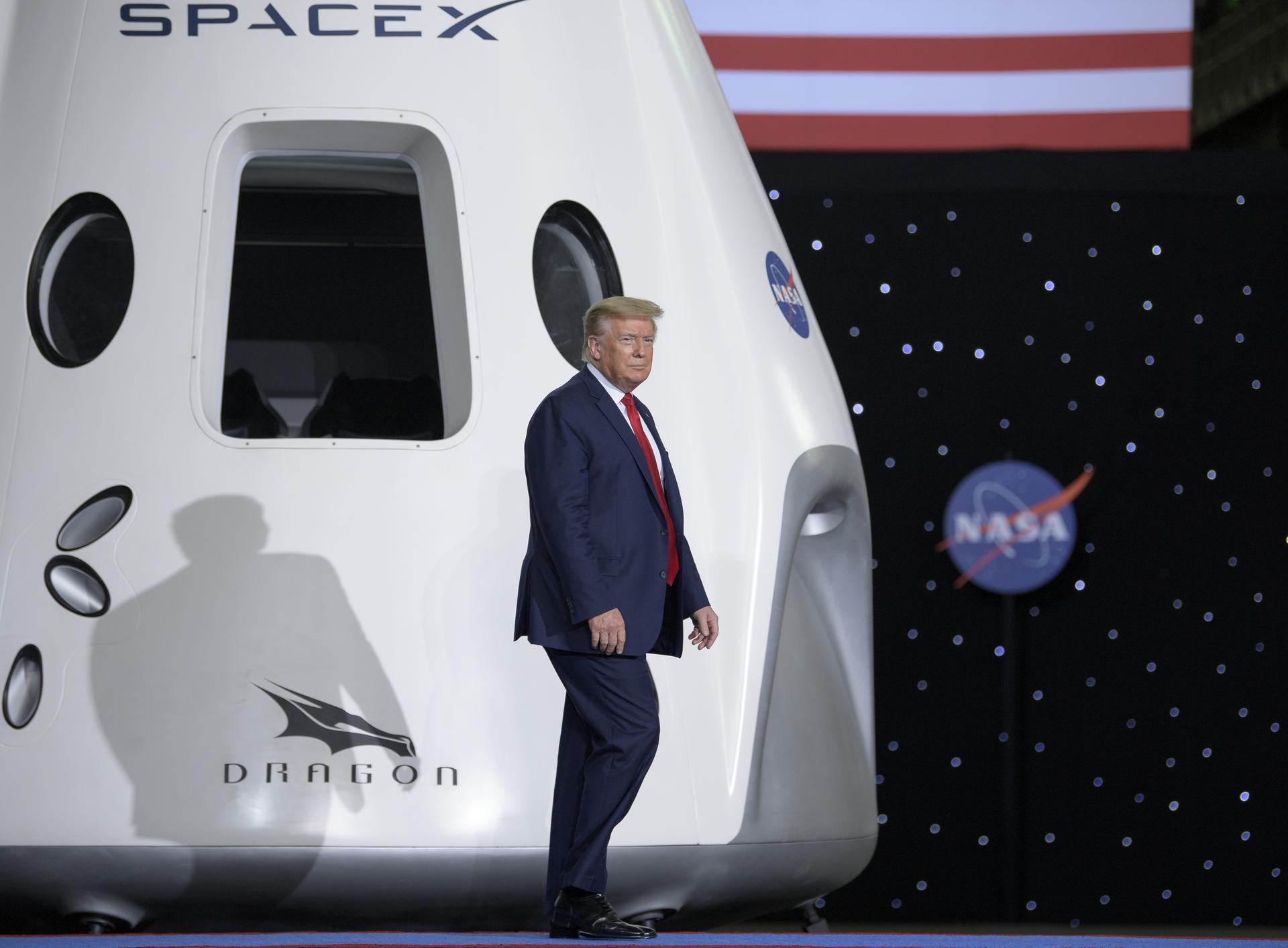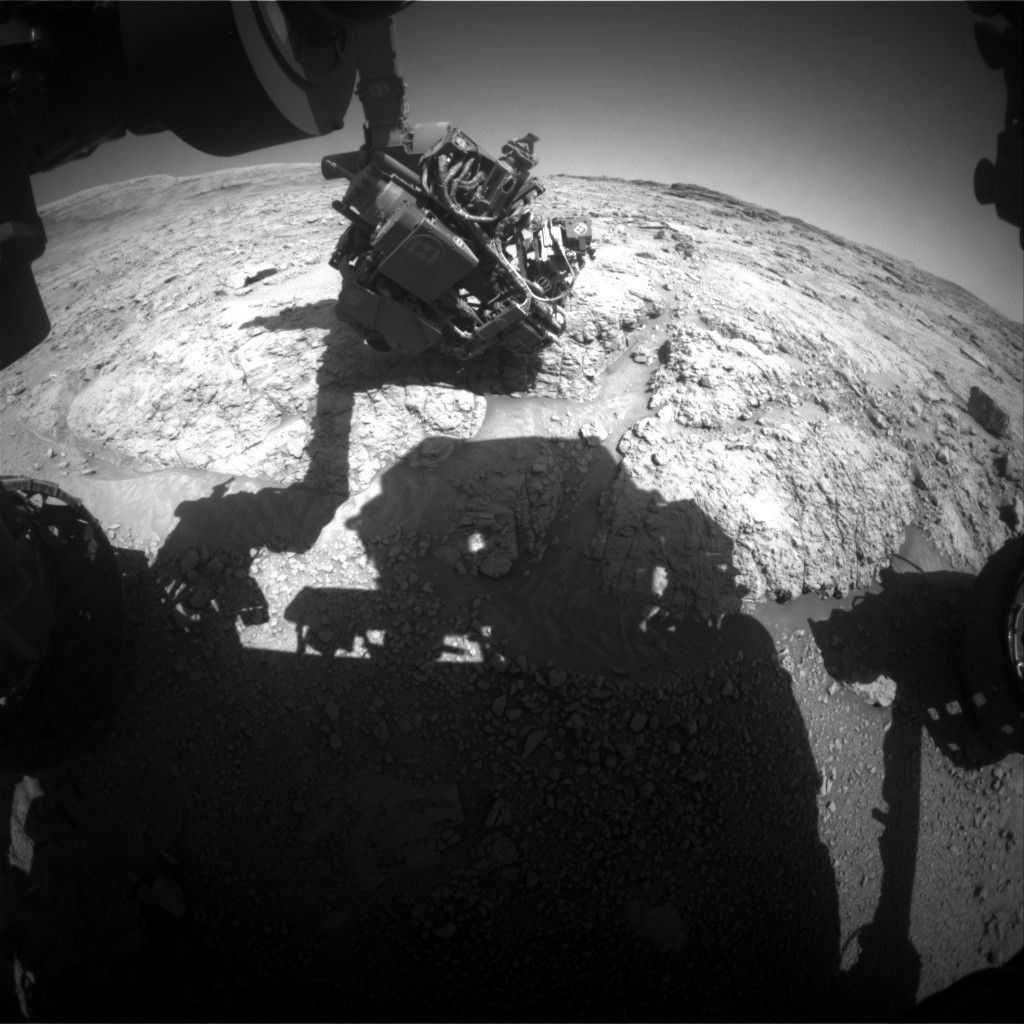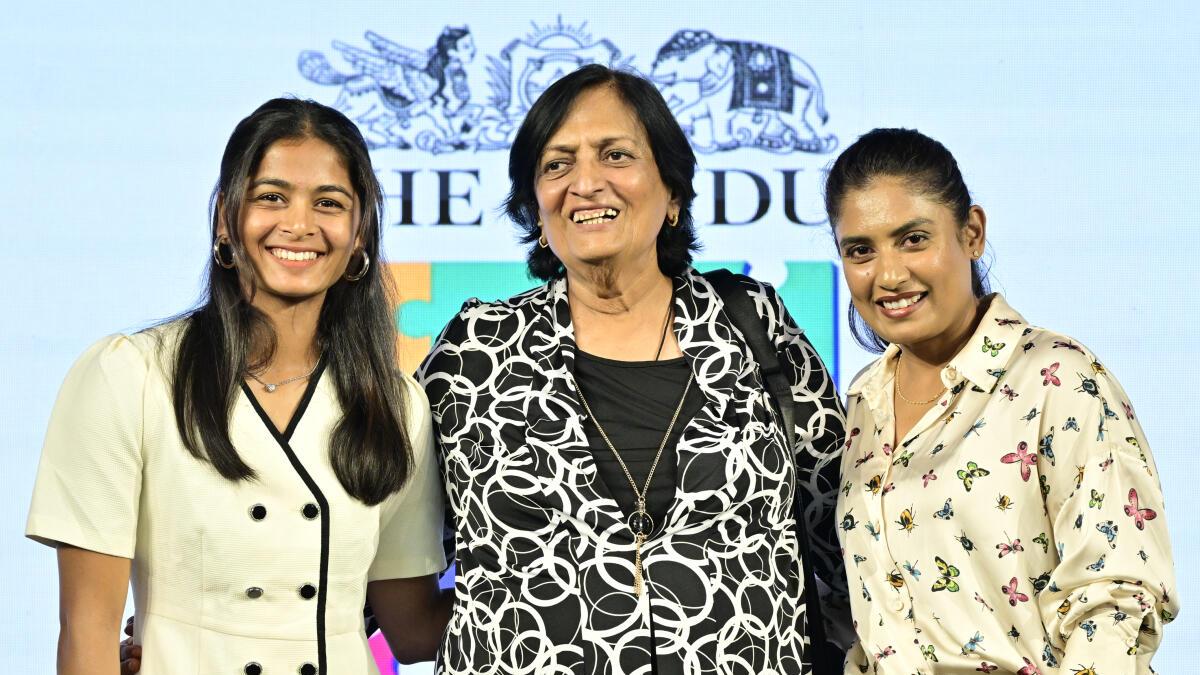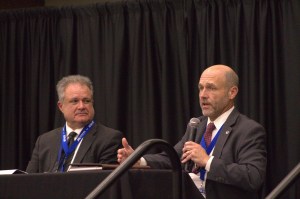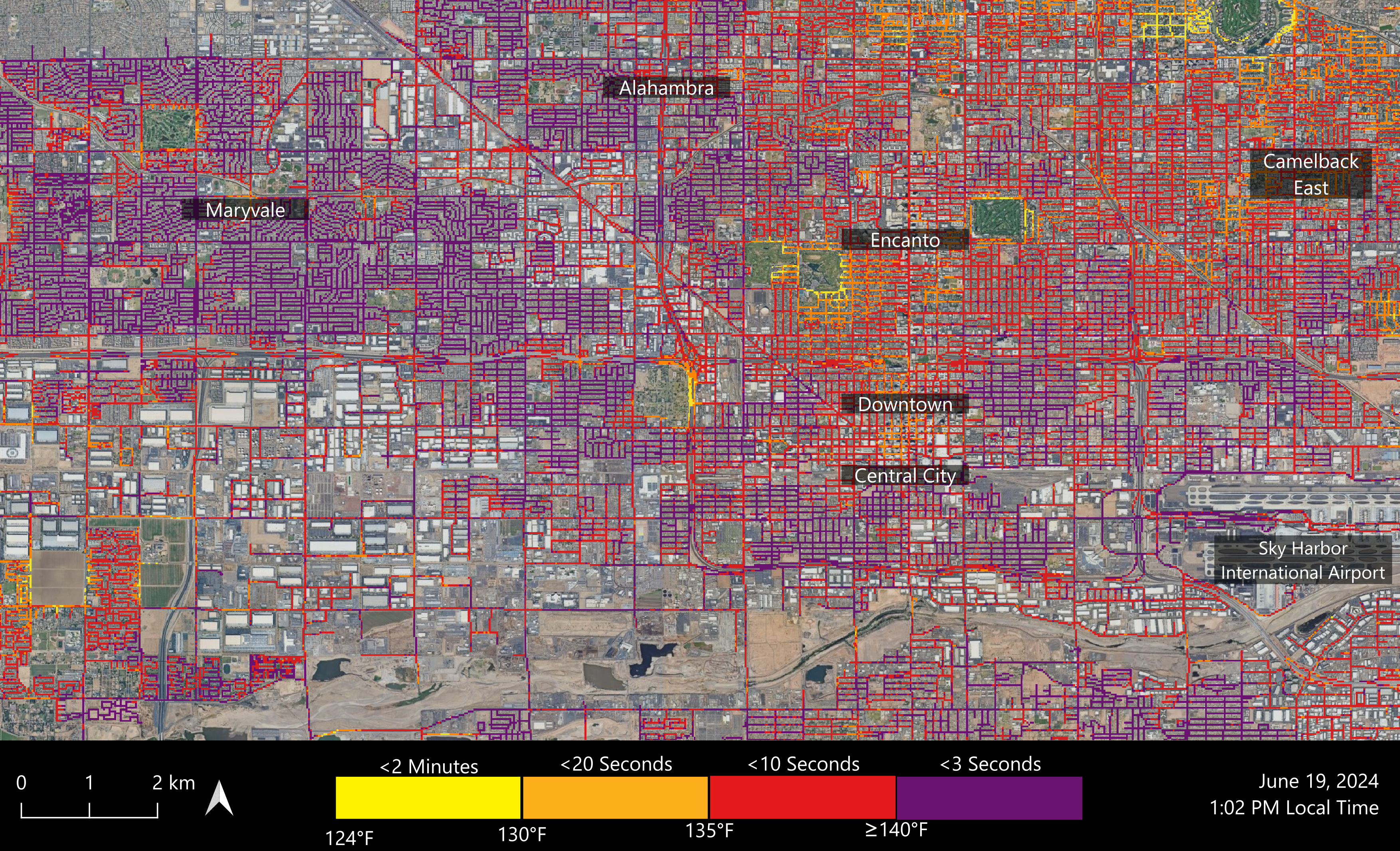$1.5 Million Awarded at Watts on the Moon Finals
Great Lakes Science Center, home of the visitor center for NASA’s Glenn Research Center in Cleveland, hosted the final phase of NASA’s Watts on the Moon Challenge on Sept. 20. NASA astronaut Stephen Bowen attended to help acknowledge the top winners. NASA awarded a total of $1.5 million to two U.S. teams for their novel […]
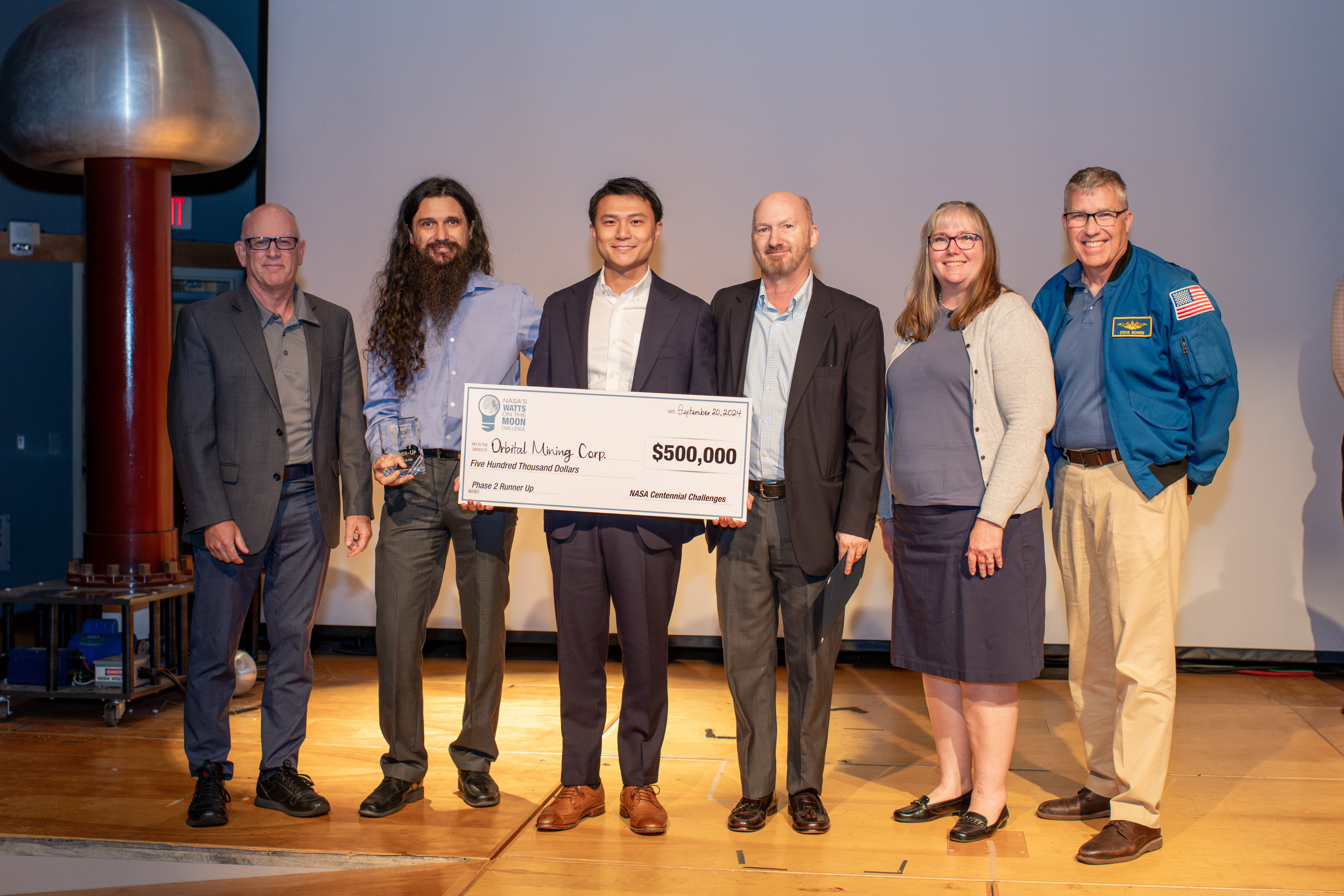
2 min read
Preparations for Next Moonwalk Simulations Underway (and Underwater)
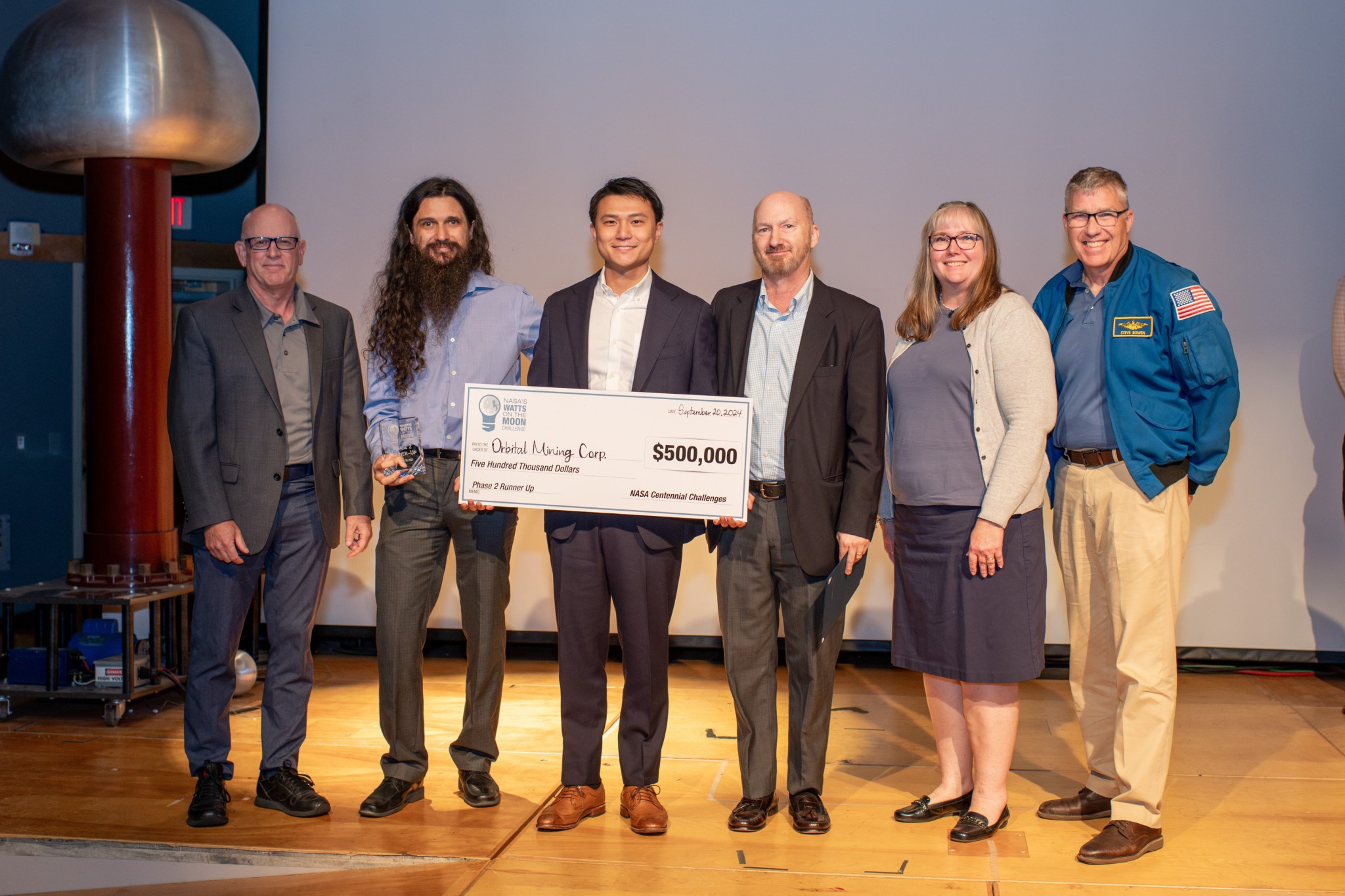
Great Lakes Science Center, home of the visitor center for NASA’s Glenn Research Center in Cleveland, hosted the final phase of NASA’s Watts on the Moon Challenge on Sept. 20. NASA astronaut Stephen Bowen attended to help acknowledge the top winners.
NASA awarded a total of $1.5 million to two U.S. teams for their novel technology solutions addressing energy distribution, management, and storage as part of the challenge. The innovations from this challenge aim to support NASA’s Artemis missions, which will establish a long-term human presence on the Moon.
This two-phase competition challenged U.S. innovators to develop breakthrough technologies that could enable long-duration Moon missions to advance the nation’s lunar exploration goals.
The winning teams are:
- First Prize ($1 million): Team H.E.L.P.S. (High Efficiency Long-Range Power Solution) from University of California, Santa Barbara , won the grand prize for their hardware solution, which featured the lowest mass and highest efficiency of all competitors.
- Second prize ($500,000): Orbital Mining Corporation, a space technology startup in Golden, Colorado, earned the second prize for its hardware solution that also successfully completed the 48-hour test with high performance.
Four teams were invited to refine their hardware and deliver full system prototypes in the final stage of the competition, and three finalist teams completed their technology solutions for demonstration and assessment at NASA Glenn.
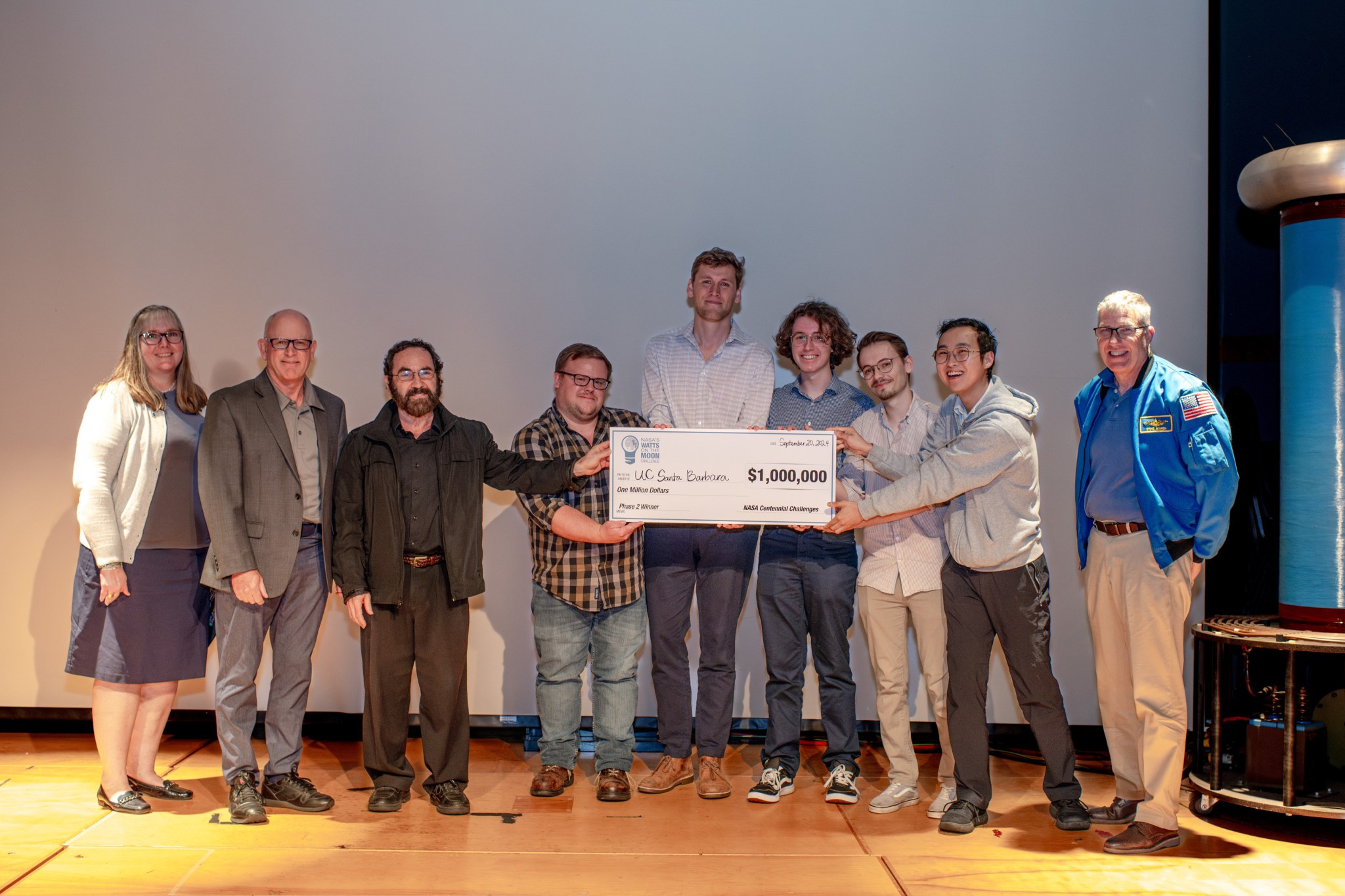
NASA Glenn’s Mary Wadel, director of Technology Integration and Partnerships, recognized the work involved to bring this challenge to its conclusion. Rob Button, deputy chief of Glenn’s Power Division and his team of experts, formulated and executed the challenge and oversaw testing.
The technologies were the first power transmission and energy storage prototypes to be tested by NASA in a vacuum chamber mimicking the freezing temperature and absence of pressure found at the permanently shadowed regions of the Lunar South Pole.
The Watts on the Moon Challenge is a NASA Centennial Challenge led by NASA Glenn. As the agency’s lead center for power systems technologies, NASA Glenn has been involved in the Watts on the Moon Challenge from its inception.
What's Your Reaction?








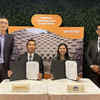




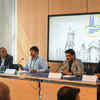





.jpg?#)
